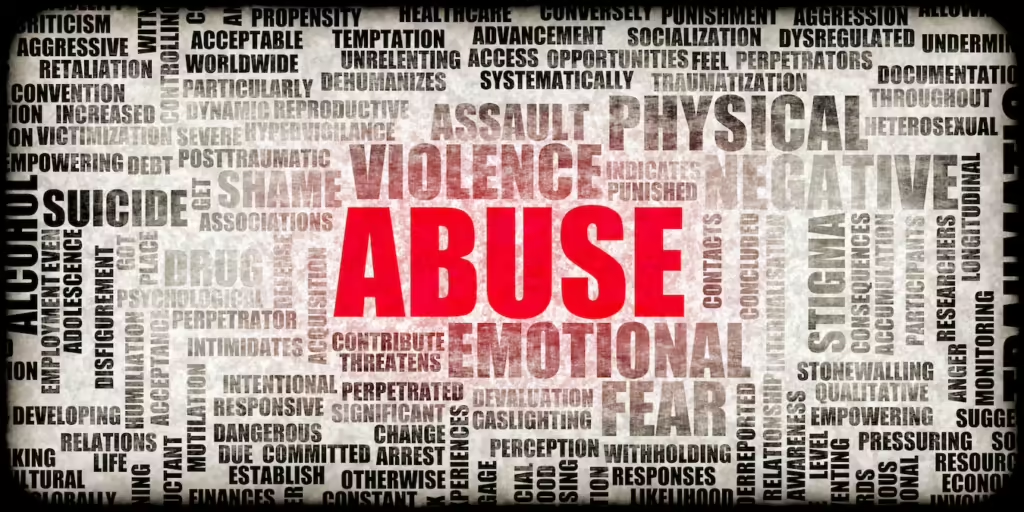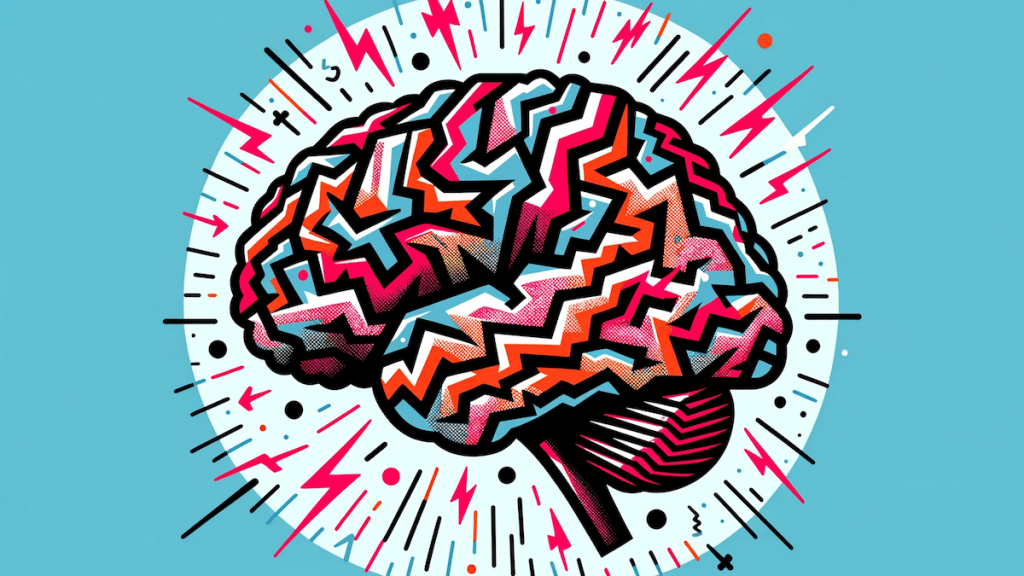Narcissistic abuse can have devastating, long-term effects on a person’s mental and emotional well-being. It often leaves survivors feeling confused, anxious, and even questioning their sense of reality. But can narcissistic abuse cause something as severe as psychosis?
In this article, we’ll explore the relationship between narcissistic abuse and psychosis, how emotional trauma from such abuse can manifest in mental health disorders, and what steps you can take if you’re concerned about the impact of narcissistic abuse on your own mental health.
What Is Narcissistic Abuse?

Narcissistic abuse refers to the manipulative, controlling, and emotionally harmful behavior exhibited by a narcissist towards another person. Narcissists often use tactics like gaslighting, belittling, and emotional blackmail to exert power over their victims. Over time, this type of abuse erodes the victim’s self-esteem, confidence, and even their perception of reality.
The common characteristics of narcissistic abuse include:
- Gaslighting: Making the victim question their memories or reality.
- Emotional manipulation: Playing on the victim’s emotions to control their actions.
- Devaluation: Consistently criticizing or demeaning the victim.
- Isolation: Cutting the victim off from supportive friends or family members.
The cumulative effect of these behaviors can lead to severe mental health issues, including anxiety, depression, and post-traumatic stress disorder (PTSD). But could this form of abuse also lead to something as serious as psychosis?
What Is Psychosis?

Psychosis is a mental health condition where an individual loses touch with reality. It often involves symptoms like:
- Delusions: Strong beliefs that are not grounded in reality.
- Hallucinations: Seeing or hearing things that are not actually there.
- Disordered thinking: Having difficulty organizing thoughts or following a coherent line of reasoning.
Psychosis is a symptom, not a diagnosis in itself. It can occur due to a variety of underlying conditions, such as schizophrenia, bipolar disorder, or severe trauma. In some cases, intense emotional stress or prolonged exposure to abusive situations can trigger psychosis, particularly in individuals who may already be vulnerable.
Can Narcissistic Abuse Lead to Psychosis?
The short answer is yes, narcissistic abuse can potentially contribute to the development of psychosis, especially in individuals who are already predisposed to mental health challenges or have experienced significant trauma.1
Narcissistic abuse, particularly when it involves chronic gaslighting, can lead to a breakdown in a person’s perception of reality. Victims are often made to feel as though their memories are unreliable, their emotions are overreactions, and their thoughts are invalid. Over time, this psychological warfare can destabilize the mind, pushing the individual toward disassociation and delusions.
For some, the mental strain becomes so intense that they may develop psychotic symptoms, such as:
- Paranoia: Feeling like they are constantly being watched or judged.
- Delusions of persecution: Believing that the narcissist or others are conspiring against them.
- Hallucinations: Hearing accusatory voices or seeing threatening images that aren’t there.
These symptoms can be terrifying and disorienting, often leading individuals to feel trapped in a cycle of fear and confusion. While not everyone who experiences narcissistic abuse will develop psychosis, the constant psychological pressure can lead to a severe mental health crisis if left unchecked.
Who Is Most Vulnerable to Developing Psychosis?
Some individuals may be more vulnerable to developing psychosis in response to narcissistic abuse. Risk factors include:
- Pre-existing mental health conditions: Individuals with a history of anxiety, depression, or trauma may be more likely to develop psychosis.
- Chronic stress: Prolonged exposure to abusive behaviors can lead to heightened stress levels, which may increase the risk of a mental health breakdown.
- Lack of support: If a victim is isolated from family and friends, they may have fewer outlets for processing their emotions and finding validation, leaving them more vulnerable to emotional and psychological deterioration.
If you’re feeling like you’re losing your grip on reality due to narcissistic abuse, it’s essential to seek help. You are not alone, and there are effective ways to heal and regain your sense of self.
Early Warning Signs of Psychosis
Recognizing the early warning signs of psychosis is crucial for getting the help you need. Some of the most common early signs include:
- Withdrawal from friends and activities.
- Increasing confusion or trouble concentrating.
- Intense feelings of paranoia or fear.
- Hearing voices or seeing things that others do not.
- A sudden belief in things that aren’t real, despite evidence to the contrary.
If you’re experiencing any of these symptoms, it’s essential to seek professional support. Narcissistic abuse can take a severe toll on your mental health, but recovery is possible.
How to Heal From Narcissistic Abuse
While narcissistic abuse can have a profound and damaging impact on your mental health, the good news is that healing is possible. Professional coaching can be a powerful tool in your recovery journey, offering a safe space to process your emotions, rebuild your self-worth, and regain a sense of control over your life.
As a coach specializing in recovery from narcissistic abuse, I understand the complexities of these experiences. My coaching program is designed to help you:
- Rebuild your confidence: After years of emotional manipulation, you may feel like you’ve lost your sense of self. I’ll guide you through exercises and techniques to rediscover your strengths and rebuild your self-esteem.
- Set healthy boundaries: Narcissists often leave their victims feeling unable to stand up for themselves. Together, we’ll work on creating and maintaining healthy boundaries that protect your mental well-being.
- Find clarity: Gaslighting and manipulation can make it difficult to trust your own thoughts and feelings. My coaching will help you gain clarity, so you can begin to trust yourself again.
How Narcissistic Abuse Rehab Can Help
If you or a loved one is ready to break free from a toxic relationship and reclaim your life, Narcissistic Abuse Rehab is here to kick start your recovery journey. We craft tailored solutions that support your unique path to healing, offering empowering one-on-one coaching sessions every week. Our world-class coaching services employ effective, evidence-based strategies to help you rebuild your inner strength, reconnect with your purpose, and achieve your recovery goals. Experience online support that empowers you to overcome past wounds and embrace a fulfilling future. Book a FREE 15-Minute consultation today.
Bibliography
Click to view the references used in this article.
- Ackner, S., Skeate, A., Patterson, P., & Neal, A. (2013). Emotional Abuse and Psychosis: A Recent Review of the Literature. Journal of Aggression, Maltreatment & Trauma, 22(9), 1032–1049. https://doi.org/10.1080/10926771.2013.837132 ↩︎
Photos by Deposit Photos. All graphics created by Narcissistic Abuse Rehab are copyrighted and protected by the law. Any unauthorized use, copying, reproduction, or distribution of these materials is strictly prohibited. Violators will be subjected to legal action and protected to the full extend of the law.
For licensing inquiries or permissions, please send a request via our contact page.

